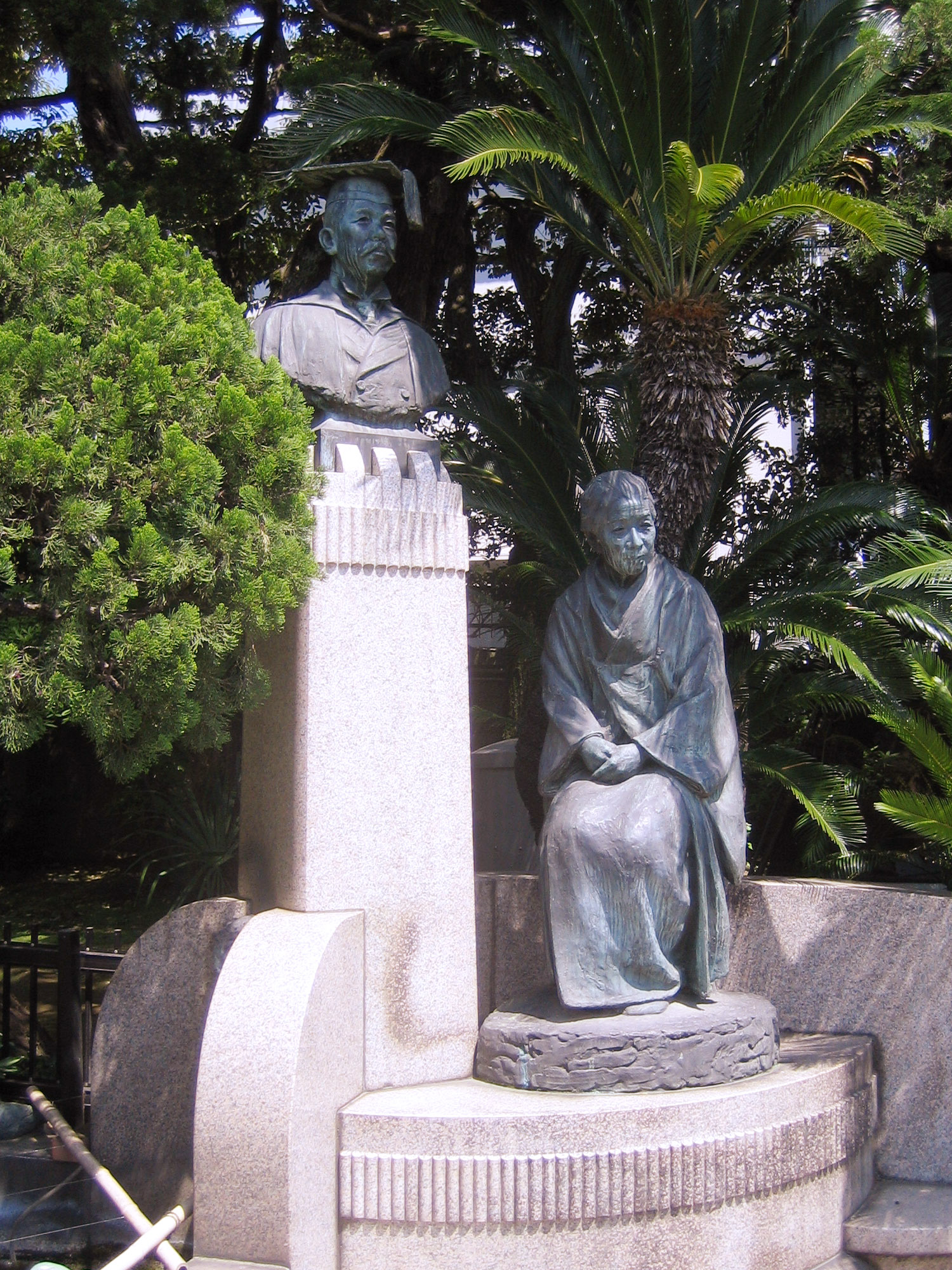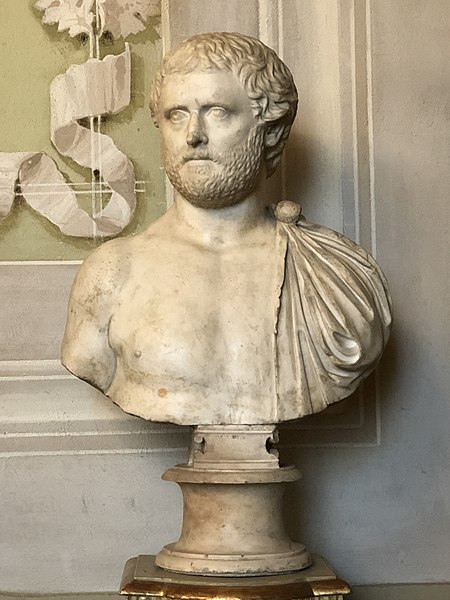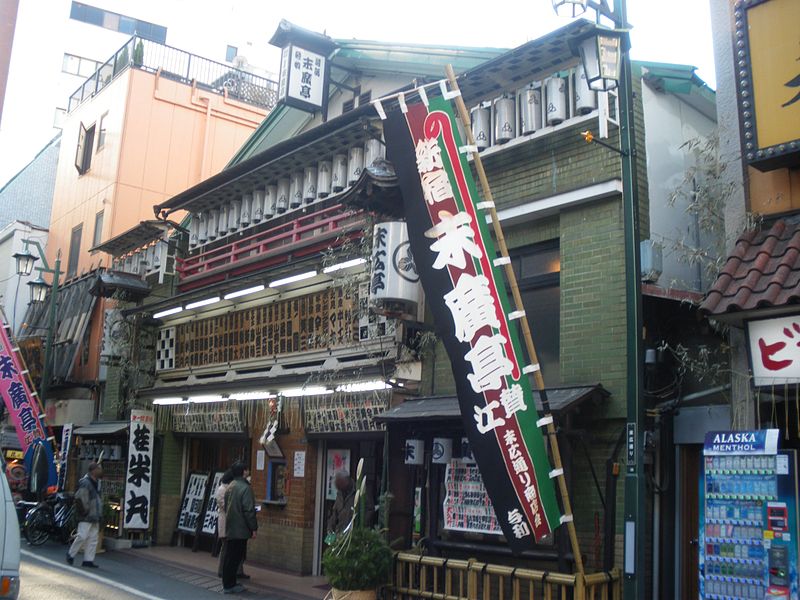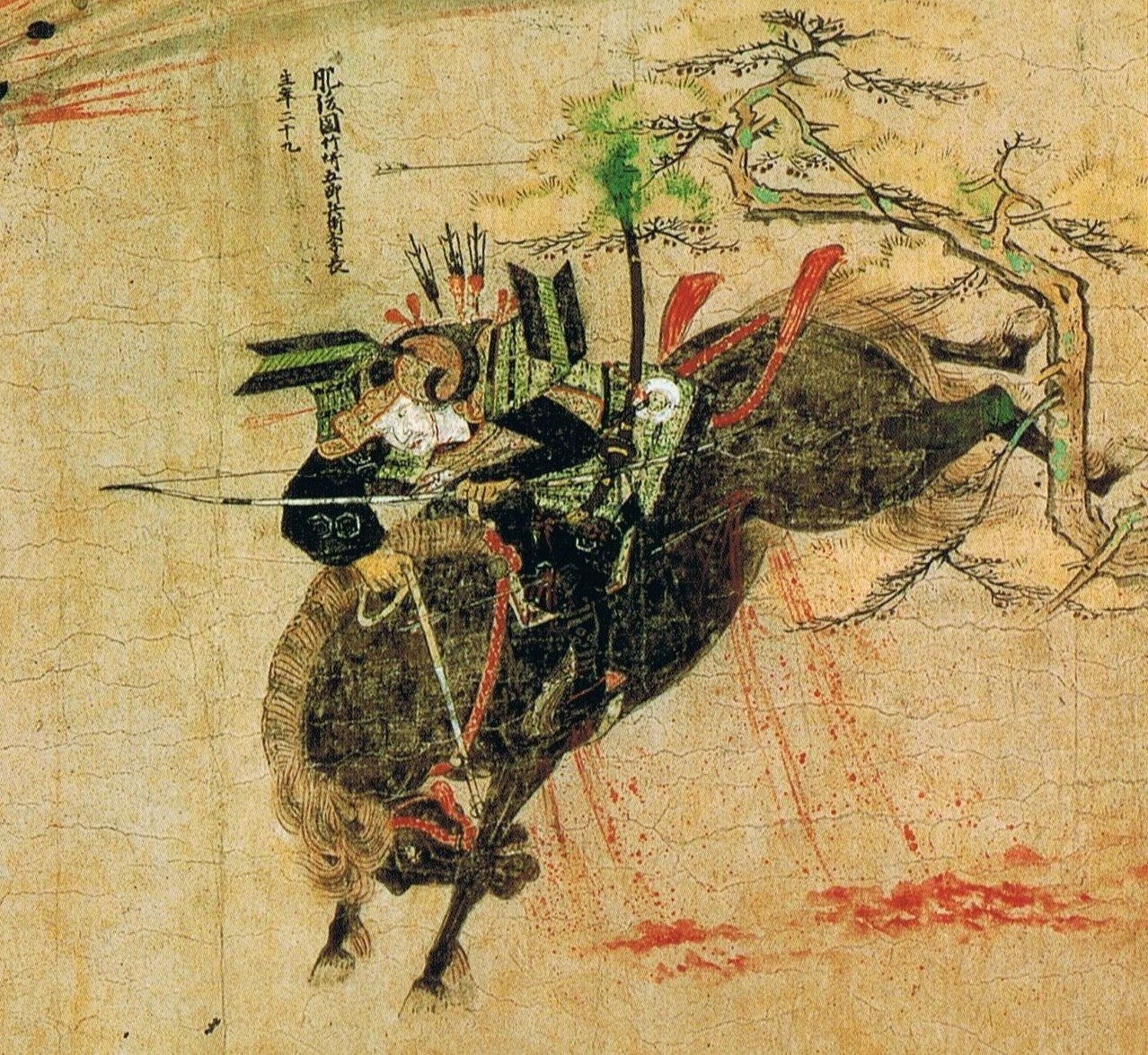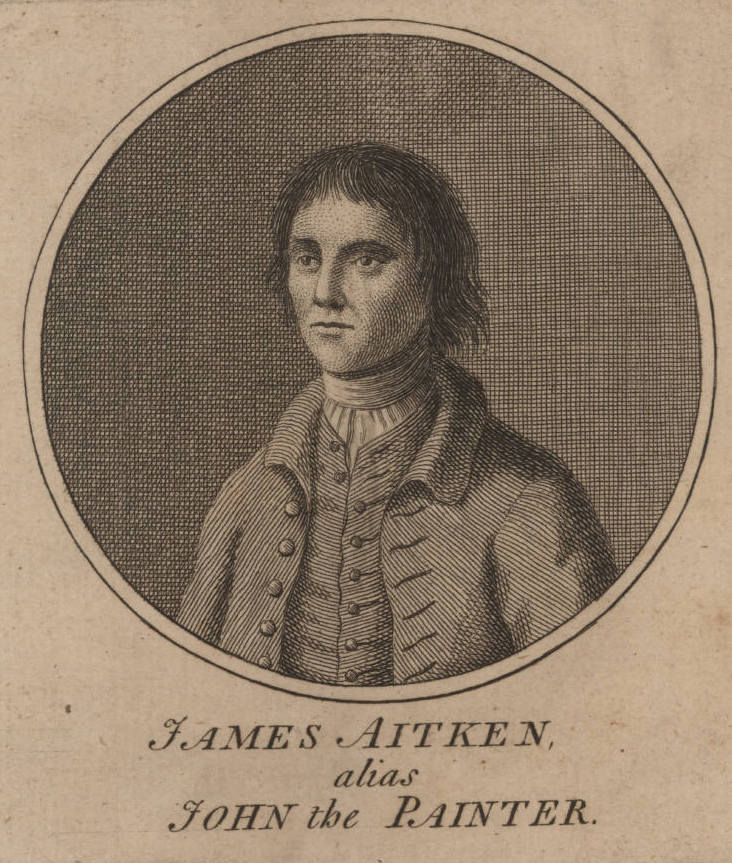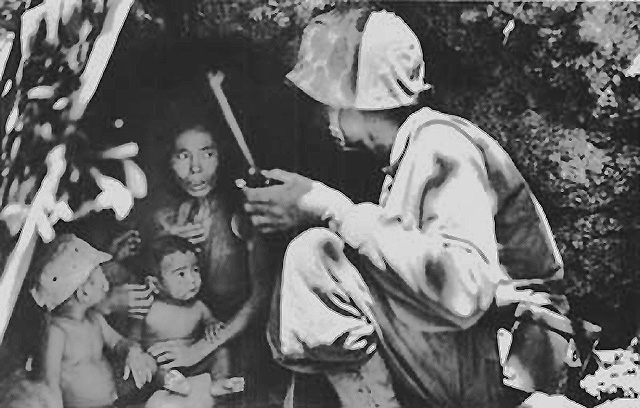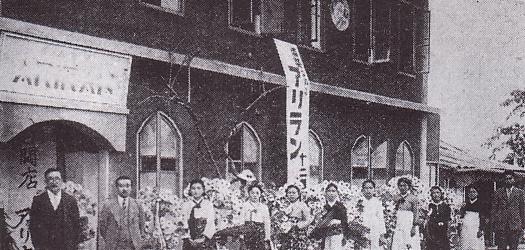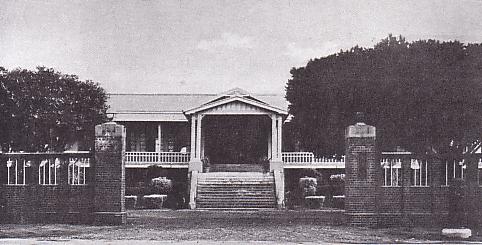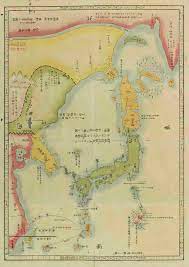We’re starting a longform look at Japan’s most prominent political dynasty: the Hatoyama family, which has been a presence in Japan’s electoral politics from the jump. Today is all about the career of family progenitor Hatoyama Kazuo, who went from son of a minor samurai to speaker of the House of Representatives, and in the offing created one of the nation’s great political dynasties.
One of the western canon’s greatest poets was a real horndog. Was his banishment from Rome really about making Rome great again by returning to purity culture, or did Publius Ovidius Naso get caught up in a complicated web of politics at the dawn of the Roman empire?
We’re covering the art of rakugo–storytelling with a twist! How did rakugo emerge from the history of Buddhism, and what has enabled its enduring popularity where contemporary entertainments like kabuki have fallen by the wayside?
How did one man’s determination to get paid end up producing one of the best records we have of a pivotal moment in Japanese history?
One would-be hero of the American revolution wasn’t American, heroic, or particularly good at helping the revolution. His plan to burn down the British navy’s most strategic dockyards had just one fatal flaw: he wasn’t actually any good at starting fires.
Japan’s empire in Micronesia comes apart under the face of both the miscalculations of military leadership and the contradictions that had haunted it from the jump.
So far, we’ve talked about how Micronesia came under Japanese rule, but what was Japan’s rule over the region like?
One Soviet convict impressed his own jailors so much that he ended up completely transforming the Soviet Union’s gulag system. But how much of what we know about the life of Naftaly Frenkel is real, and how much is a right-wing attempt to link the Communist party to a conspiracy theory about greedy Jews?
When World War I began, many among the Japanese leadership were hesitant to take advantage of the opportunity to move into Micronesia. What changed their minds, and how were they able to square a colonial government with the idealistic language of the postwar League of Nations?
Japan would seize control of German Micronesia in the fall of 1914, but Japanese interest in the region goes back centuries further. This week: how did Japan get from disinterest in the nebulously defined ‘Southern Seas’ to active military operations to take control of them?
